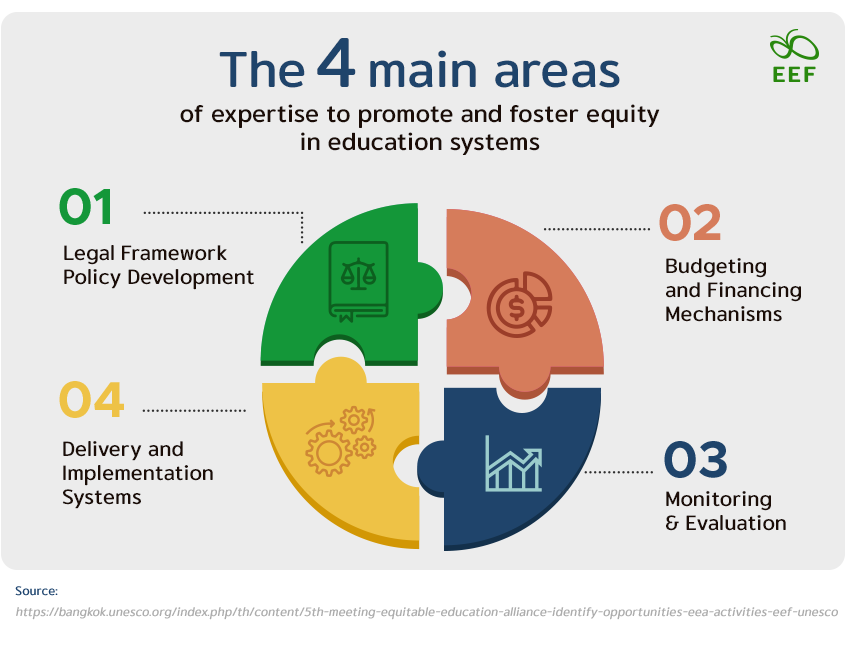
Building global alliances can create a significant impact in many ways. Each organization that may have the same interest and goal can possibly share resources, benefits, and others. One of the main significant for having alliances are larger network and learning opportunities.
The global network would also help raise the awareness of the public that associates with topics that alliances would like to push. Having the alliances start from regional, national, and international levels may help increase professionalism in public work around the globe. The similar mission and vision that share can unify the public relation pressure; in addition, it would also help raise a standard from an overall perspective. Especially if the topic is about promoting and supporting – having a global voice will create all related sectors to be interesting.
The advantages of having global alliances may include knowledge sharing with the opportunity to learn and have examples from different perspectives. Truly advocate from the point of professional project with the collaborative setting of standards. The major that has seen a significant result from having alliances is also peer-to-peer learning, no matter what size of the organization or how long the organization has been established, peer-to-peer learning is a quick tool to know the market. Lastly, more than anything the topic that the alliance may want to raise can be seen in global visibility once the global partnership is established.
For example inequitable education, there is an Equitable Education Alliance or EEA which establish by the secretariat of the Equitable Education Fund (Thailand) and UNESCO Asia and Pacific Regional Bureau for Education (UNESCO Bangkok) to begin with. EEA has established in 2020, it is a community of practitioners of organizations, ministries, agencies, and NGOs who strive to push for a more inclusive and equitable educational system while enhancing the performance of existing equitable education organizations at all levels. The Alliance convenes at least 2 meetings annually to discuss and improve equity in education through collaborative efforts. A total of 13 countries(1) and 14 local and international organizations(2) participated in these meetings and shared expertise to promote and foster equity in education systems through the 4 main areas of expertise;

The 4 main areas of expertise to promote and foster equity in education systems
1) Legal Framework Policy Development
2) Budgeting and Financing Mechanisms
3) Delivery and Implementation Systems
4) Monitoring & Evaluation
Last, EEA launched the Equitable Education Hub website (EquityEdHub or EEH) in 2022 as a knowledge-sharing hub for learners from all around the world to access content on several topics on equitable education aiming to achieve the Alliance’s goals to improve equity in education through collaborative efforts, by providing substantive and technical support to those in need.
(1) Australia, Canada, China, Finland, Japan, Malaysia, New Zealand, Republic of Korea, Republic of Panama, Thailand, The United Kingdom, The United States, and Viet Nam.
(2) Australian Education Research Organization (AERO), Educate A Child, Equitable Education Fund Thailand (EEF), Global Partnership for Education (GPE), Organisation for Economic Co-operation and Development (OECD), National Institute for Lifelong Education (NILE), Promise Neighborhoods, Southeast Asian Ministers of Education Organization (SEAMEO), SIL International, UNESCO Bangkok, UNICEF East Asia and Pacific Regional Office, UNICEF Latin America and Caribbean Regional Office (LACRO), UNICEF Thailand, VVOB – Education for Development, and World Bank.

